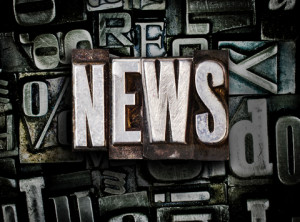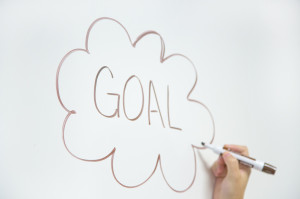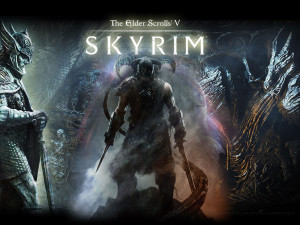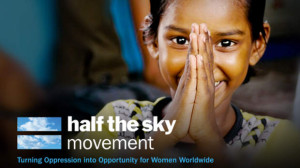 When traveling abroad, transportation is one of the more difficult aspects to figure out during your trip. Besides the possible language barrier, many cities don't have high quality or standardized services, forcing tourists to pay high prices for that quality or to take their chances on a taxi or bus that's cheaper but not necessarily legal or legitimate. Fortunately, there's a new app that makes it easier to find a great taxi without having to change the rules or learn a new language.
TaxiBeat is a mobile app that improves the taxi-hailing experience by allowing users to rate their drivers, as well as locate the closest available taxi. Instead of flagging any random taxi driver, you can choose your driver through the app based on your needs as well as the ratings of other TaxiBeat users. Launched in spring 2011, TaxiBeat has been downloaded over half a million times.
When traveling abroad, transportation is one of the more difficult aspects to figure out during your trip. Besides the possible language barrier, many cities don't have high quality or standardized services, forcing tourists to pay high prices for that quality or to take their chances on a taxi or bus that's cheaper but not necessarily legal or legitimate. Fortunately, there's a new app that makes it easier to find a great taxi without having to change the rules or learn a new language.
TaxiBeat is a mobile app that improves the taxi-hailing experience by allowing users to rate their drivers, as well as locate the closest available taxi. Instead of flagging any random taxi driver, you can choose your driver through the app based on your needs as well as the ratings of other TaxiBeat users. Launched in spring 2011, TaxiBeat has been downloaded over half a million times.
"We don't just strip out the tedious call to the taxi operator, nor do we service a 'blind date' between passengers and drivers," said Nick Drandakis, founder of TaxiBeat. "Instead, we provide at-a-glance info to help you choose which car and driver you want to hail, and then rate them afterwards"
The app, headquartered in Athens, Greece, has a network of over 15,000 drivers worldwide. Drivers register to be featured in the app individually, as TaxiBeat does not work with taxi companies or any other middlemen. All drivers have to do is submit their paperwork proving that they can legally drive a taxi in their country, and can be approved and profiled in the system as quickly as an hour.
"We don't choose the drivers," Drandakis said. "Only the best drivers want to be in the app. They aren't afraid of ratings."
Drandakis said that these profiles include more than the ratings of previous passengers. Those seeking a taxi can also find out it a driver speaks a certain language, includes mobile phone chargers in his/her vehicle, or is child- or pet-friendly. This information helps users choose a driver that can meet their needs, but also informs the driver on what customers may want so they can adjust their offerings and serve more passengers.
"We award good drivers and punish bad drivers," he said. "Our customers determine who gets the most jobs."
TaxiBeat is specifically targeting cities that face a big problem with the quality of their taxi services, so cities such as London and New York City won't be part of the app's network because those cities have great taxi services. Drandakis wants to leverage reputation for the taxi industry, since drivers typically work as anonymous service providers. The anonymity makes it difficult for them to build a repeat customer base. Drandakis wants to change this, which will ultimately improve the safety and service quality in these specific markets.
"This is an element missing in this market," he said. "[TaxiBeat] is the future of the taxi market. It's how it should work."
The app first launched in Athens, and is now available in Paris, Sao Paulo, Rio de Janeiro, and Mexico City. Over the next few months, TaxiBeat plans to launch in Turkey and Peru. The app is free to download for iPhone or Android devices.









